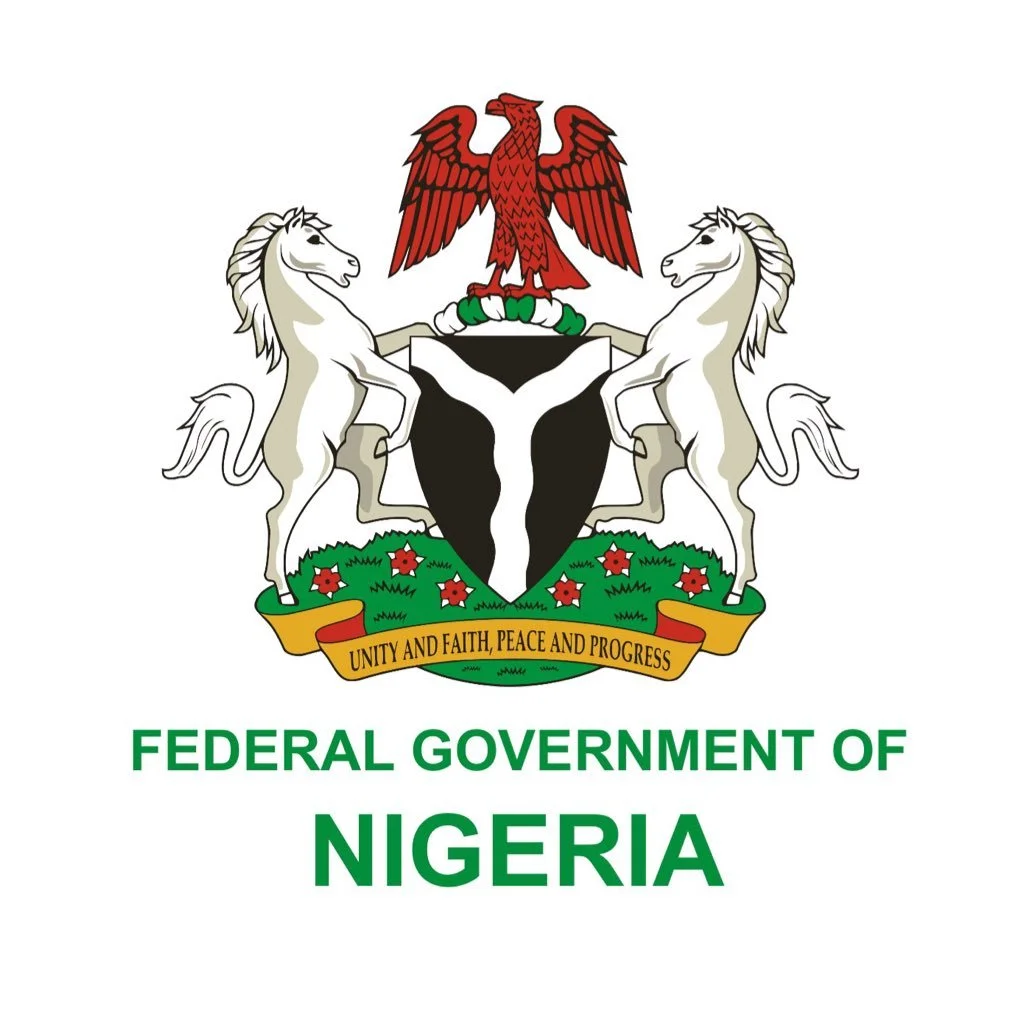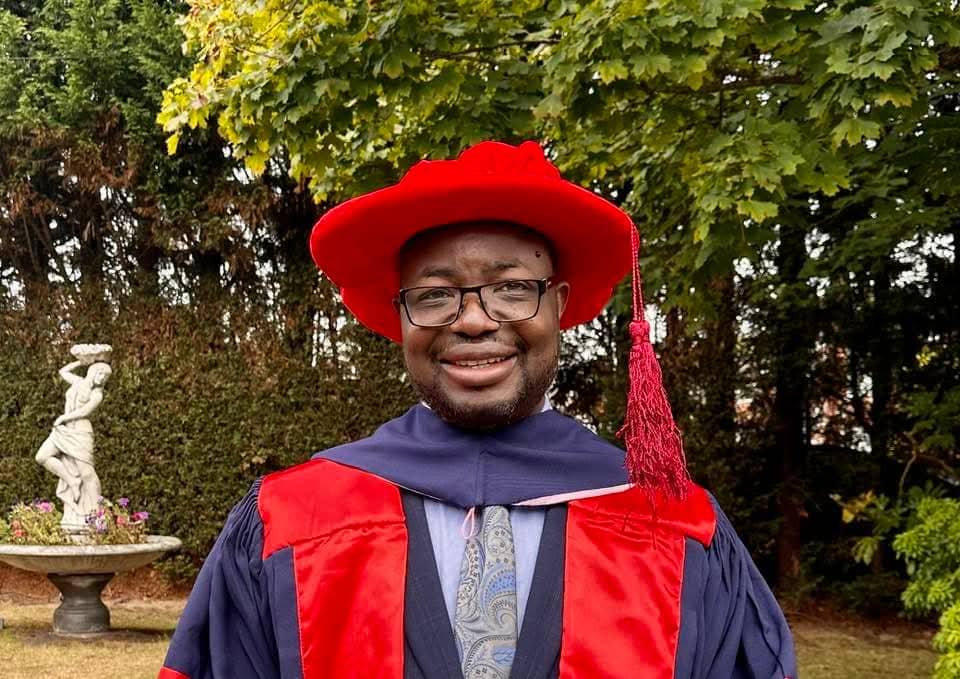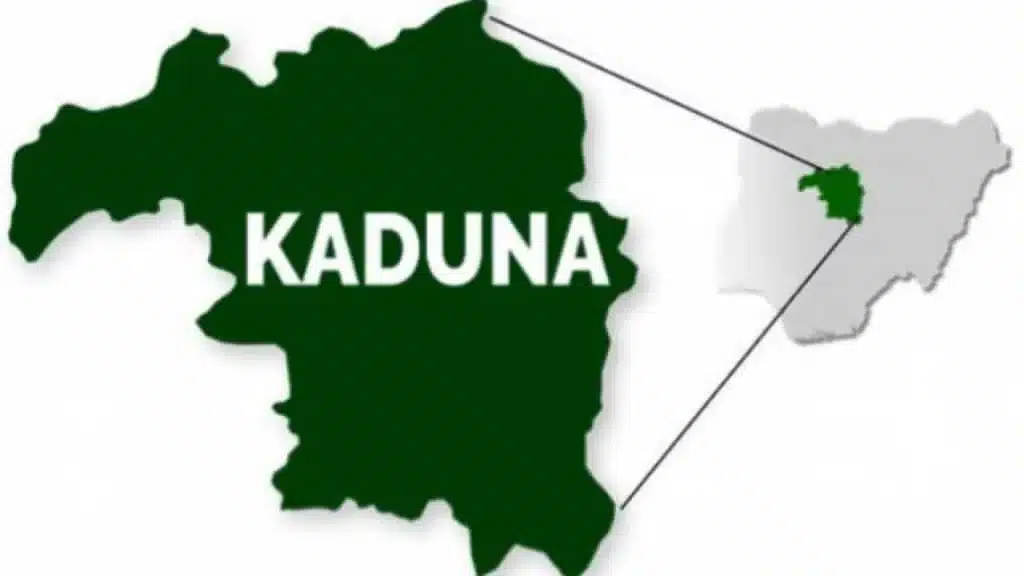By Daudu Agaba Andrew Samuel
Nigeria’s foreign policy has long stood as a mirror reflecting both its ambition and contradictions. Since independence in 1960, the country has sought to establish itself as Africa’s leading voice championing peace, decolonization and regional cooperation. Yet, more than sixty years later, questions persist over whether these lofty ideals have truly advanced the nation’s interests or merely preserved its image abroad.
From the early days of Prime Minister Tafawa Balewa, Nigeria’s diplomacy was anchored in Afrocentrism prioritizing Africa’s freedom and unity. The nation’s stance on non-alignment during the Cold War showcased its desire for independence from superpower influence, while its contributions to peacekeeping cemented its reputation as a stabilizing force. However, this global activism often came at a cost. Many Nigerians today wonder if the benefit of such generosity ever translated into real development at home.
Over the years, Nigeria’s foreign policy has evolved through different regimes, reflecting shifts in ideology and leadership priorities. The military governments of the 1970s and 1980s adopted a more assertive posture, using oil wealth to fund regional interventions and liberation struggles. But by the 1990s, economic decline and political repression under General Sani Abacha pushed Nigeria into international isolation, exposing how internal instability could weaken external influence.
The return to democracy in 1999 marked a turning point. President Olusegun Obasanjo’s administration worked tirelessly to restore Nigeria’s global image through debt forgiveness, peacekeeping, and renewed engagement with Western allies. His successors, including Goodluck Jonathan and Muhammadu Buhari, continued this outward-facing policy focusing on trade, regional security, and counterterrorism. Yet, despite Nigeria’s active diplomacy, citizens saw limited impact on their everyday lives. Poverty, insecurity, and corruption remained stubbornly persistent.
Today, under President Bola Ahmed Tinubu, Nigeria’s foreign policy has taken a more pragmatic and economically driven direction. His “4Ds Policy”-Diaspora, Development, Democracy and Demography represents a bold attempt to align foreign engagement with domestic growth. By tapping into the Nigerian diaspora, encouraging investment, and promoting democracy and youth empowerment, Tinubu aims to project a more dynamic and development-focused image of Nigeria to the world.
However, implementation remains the Achilles’ heel. Economic fragility, security crises, and bureaucratic inertia often undermine foreign policy execution. Nigeria continues to shoulder the burden of regional peacekeeping without reciprocal benefits, as seen in its costly interventions in Liberia and Sierra Leone. Diplomats and analysts alike argue that the country needs to strike a better balance between continental responsibility and self-interests. “we cannot keep paying the bills for Africa while our people suffer at home,” one senior foreign affairs analyst noted.
Another critical challenge lies in defining and pursuing a coherent national interest. Successive governments have proclaimed different foreign policy priorities, yet few have clearly articulated what Nigeria truly seeks to achieve globally. Without a unified strategy that integrates economic, security, and social goals, foreign policy risks becoming reactive to crises rather than shaping opportunities.
Strategic management and coordination across government institutions are vital. Poor inter-agency collaboration and inconsistent communication often lead to policy gaps. For example, delays in responding to security threats or diplomatic crises have exposed weaknesses in Nigeria’s decision-making structure. A stronger, more integrated foreign policy framework could transform diplomacy into a tool for tangible national development rather than symbolic gestures.
Still Nigeria’s influence across Africa cannot be dismissed. The country remains a key player in ECOWAS, The African Union, and global peacekeeping efforts. Its cultural power through music and film has enhanced its soft influence worldwide. With a young and dynamic population, Nigeria holds the potential to reshape Africa’s narrative in the 21st century. What it needs now is consistency, vision and leadership that bridges global ambition
Ultimately, Nigeria’s foreign policy stands at a crossroads. The ideals of Afrocentrism that defined the past must now coexist with the practical needs of a rapidly changing world. The measure of success will no longer be how many conflicts Nigeria helps resolve abroad, but how well its diplomacy delivers stability, investment, and opportunity at home. Only then can the nation’s foreign policy truly serve its people and just its prestige.





